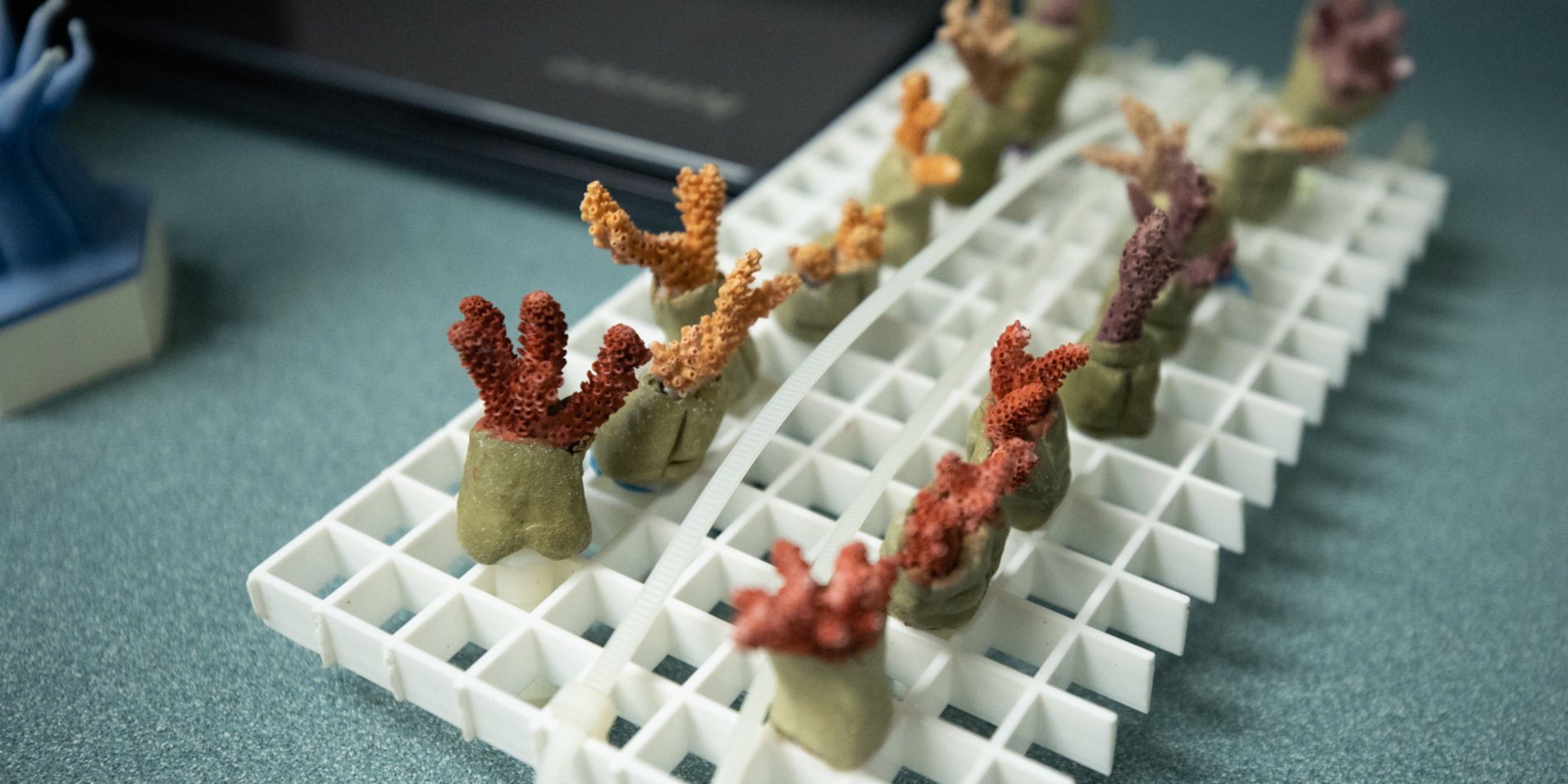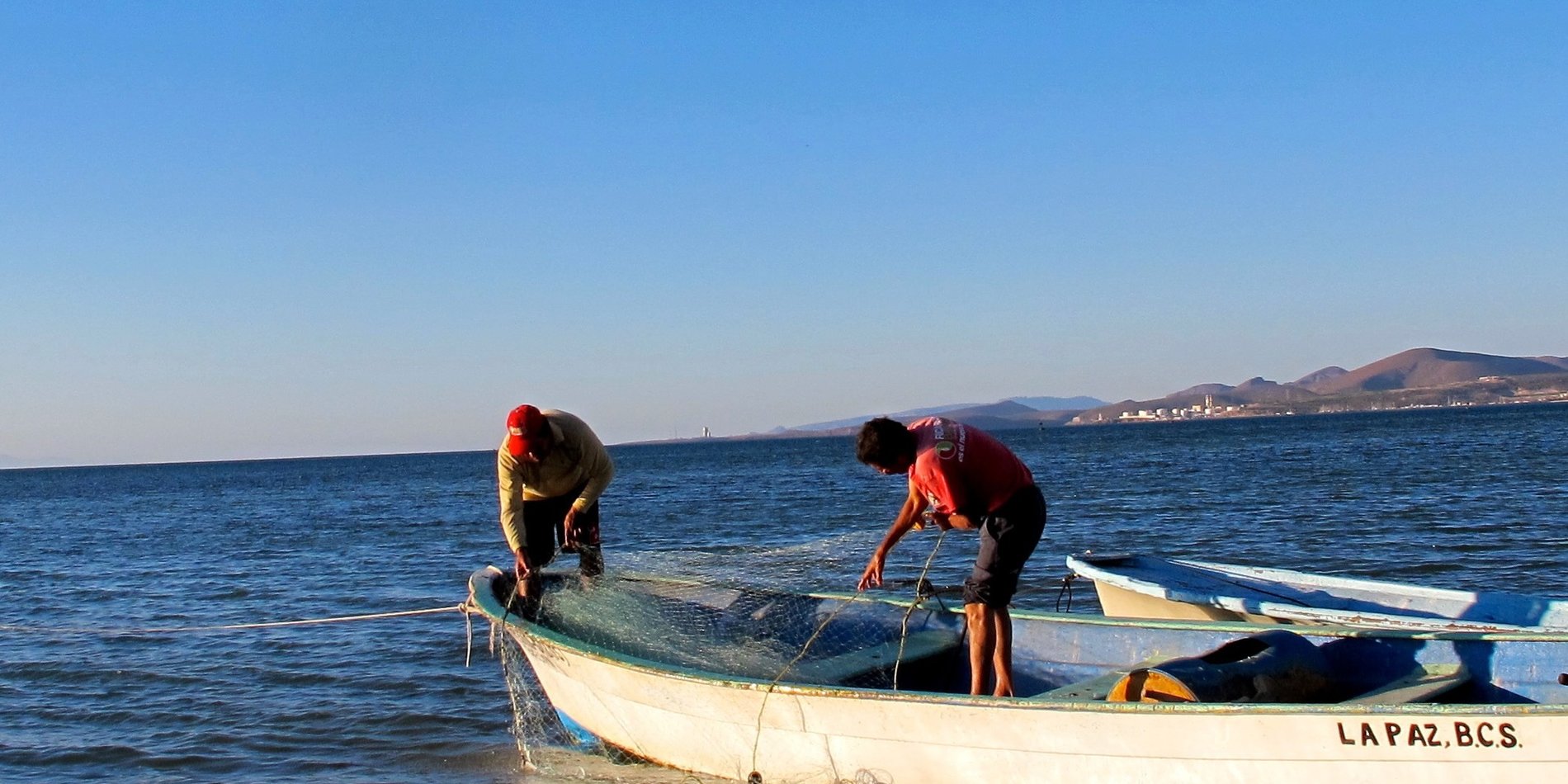Though the ocean is often referred to as a global system, the people who benefit from ocean resources rarely represent the global population. Instead, the majority of ocean-derived services and goods circulate between the hands of a few key actors. Higher-income nations, for example, are responsible for 97 percent of the trackable industrial fishing on the high seas and 78 percent of such efforts take place within the national waters of lower-income countries, a paper published in 2018 reported. In order to achieve a sustainable ocean economy, in line with global Sustainable Development Goals, a just and equitable approach is necessary.
From fishing, energy production, and transnational shipping to coastal infrastructure, scientific data and technology, inequity is widespread in the distribution of services from the ocean. A new study published in the “Blue Papers” series by the High Level Panel for A Sustainable Ocean Economy addresses inequalities in a variety of marine sectors, and suggests a way forward towards achieving sustainability via global policy.
The study assesses the fairness of the current ocean economy. The five countries responsible for 86 percent of total fishing effort are also responsible for 64 percent of fishing revenue. Additionally, thirteen companies control around 15 percent of global catch in seafood production, further exacerbating this imbalance in control over important ocean resources. And while inequalities in fisheries get the most public attention, it’s not the only industry that should be held accountable. Just one company has registered almost half of all marine sequences included in gene patents, more than the total of 220 other companies combined.
These statistics are representative of a larger pattern: the exclusion of minority communities – like women, small-scale fishers, small island nations, and young people – from decision-making processes despite their critical role in ocean-centered economies. For example, women play an integral role in establishing food and livelihood security for communities that rely on small-scale fisheries, yet rarely get input on the policies that will impact them.
In order to combat these disproportionate benefits and harms, the paper urges for collective recognition and active acceptance of equitable frameworks. Without these shifts, the authors warn, we will continue to see negative impacts of an ocean economy on people’s rights, health, recreation and wellbeing.
“Global inequities stand to worsen under climate change and represent a risk to achieving the Sustainable Development Agenda,” says Colette Wabnitz, a research associate at Stanford’s Center for Ocean Solutions and paper co-author. “This Blue Paper outlines a series of opportunities for action, by a diverse set of actors, to stimulate more inclusive governance and secure a sustainable and equitable ocean economy.”
To achieve ocean equity, the paper argues, countries with already limited political power in decision-making and development must have a seat at the table. Global planning around ocean resources must be fair and holistic. It must represent the interests of vulnerable communities and provide opportunities for greater knowledge exchange, co-production and transfer with developing countries. Importantly, mechanisms will need to be developed to redistribute ocean benefits. Through these actions, the world has an opportunity to make a clear commitment to an equitable future for the ocean.
The paper is one of 16 Blue Papers commissioned by the High Level Panel in an ongoing effort to explore challenges at the nexus of the ocean and the economy. Over 200 authors from nearly 50 countries have provided science, technology, policy, governance and finance expertise to the series. Together, the papers bring together the latest science and thinking to help catalyze a more sustainable and prosperous relationship with the ocean.
Read the full paper >
Learn more about our work to combat illegal fishing >



